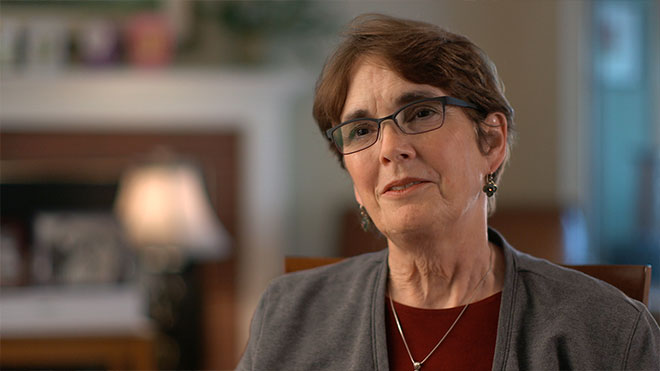What is Hospice?
Hospice is care provided to a person who is terminally ill and in the last stages of life.

Find out how Kaiser Permanente helps support you, so you can live the rest of your life in your home.
Hospice is provided where you live, whether it is a house, an apartment, assisted living, a nursing facility, or another place.
Hospice is also about Kaiser Permanente providing supportive services to patients and caregivers. By focusing on comfort and quality of life, hospice seeks to meet patients’ medical, spiritual, social, and emotional needs.
Hospice care does not cure an illness or disease, but instead strives to honor a patient’s wishes and personal dignity.
Hospice provides palliative care, which is the management of symptoms. It seeks to reduce suffering and pain, care for emotional needs, and provide comfort to enhance quality of life.
For many people, quality of life is being able to be at home during their last stage of life. With its focus on quality of life and comfort care, hospice makes it more likely that patients can remain in their home at the end of their lives.

Hear our patients describe how we care for the whole person – body, mind, and spirit.
When Does Hospice Start?
A person may choose to start hospice when life expectancy is measured in weeks or months, instead of years. With a doctor’s confirmation of this diagnosis, a person qualifies for hospice.*
People who may be ready for hospice commonly have one or more of the following symptoms:
- a new or worsening prognosis. A prognosis is a medical prediction of how your illness will progress if it follows the usual course.
- unexplained weight loss
- frequent hospitalizations over the past few months
- days spent mostly sleeping or lying down
- help needed with two or more activities of daily living, like eating, dressing, or bathing
Experiencing one or more of these situations or symptoms does not necessarily mean one needs hospice care.
For clarification, it’s best to talk to your or your loved one’s doctor about hospice as an option.
* See your Evidence of Coverage for details.

